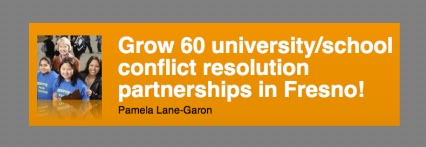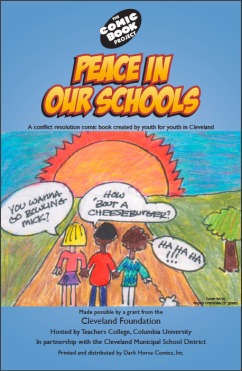Readers may be interested in this Residential Summer Institute Fellowship for K-12 Educators: “Journeys of Nonviolence: Gandhi and Chávez” – Ahimsa Center at Cal Poly Pomona, CA, USA (July 25 – August 8, 2011)
The fourth in a series on Education about Nonviolence, this Institute will focus on two major proponents of nonviolent action for social change: Mohandas K. Gandhi (1869-1948) and Cesar Chavez, (1927-1993). It will provide an extraordinary opportunity for educational leadership by integrating in school curricula the lessons based on critical understanding of Gandhi and Chavez, especially their respective journeys of nonviolence in seeking freedom and social justice. The Institute is open to all K-12 educators throughout the United States. Forty participants will be selected to receive residential fellowships. Application deadline: March 21, 2011.





